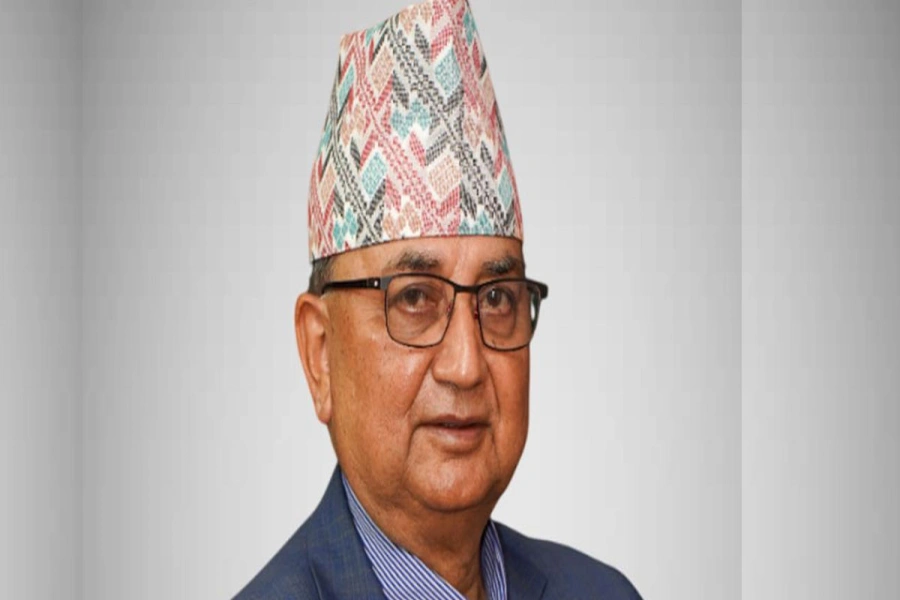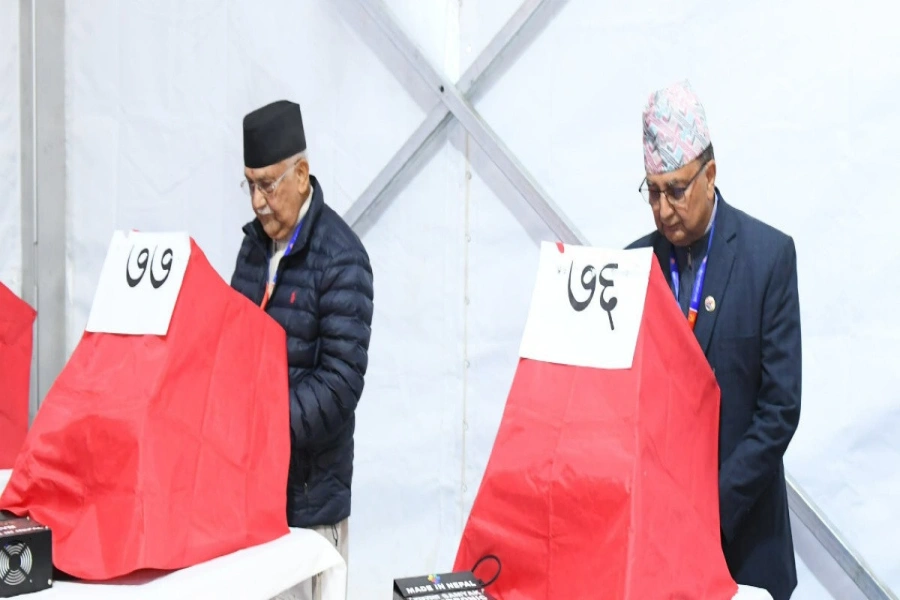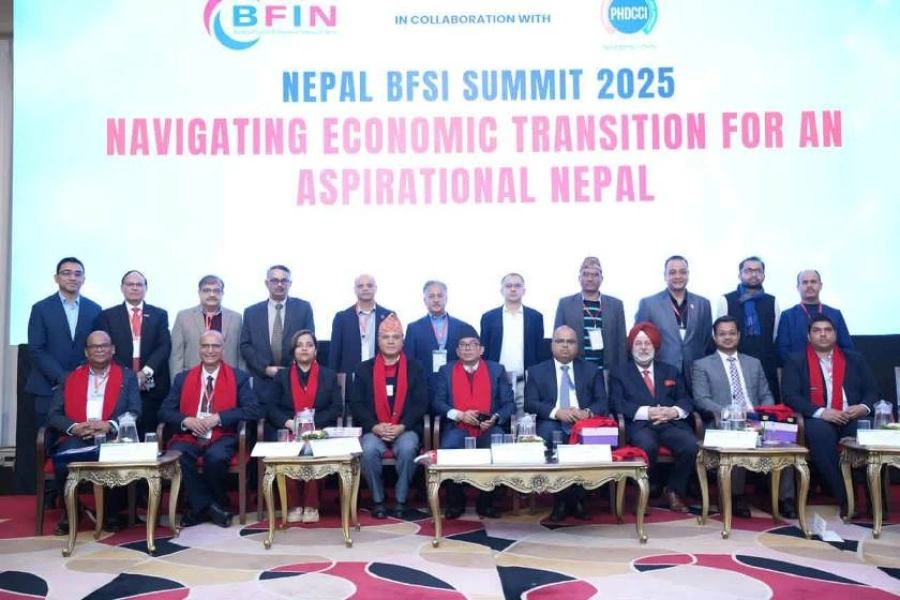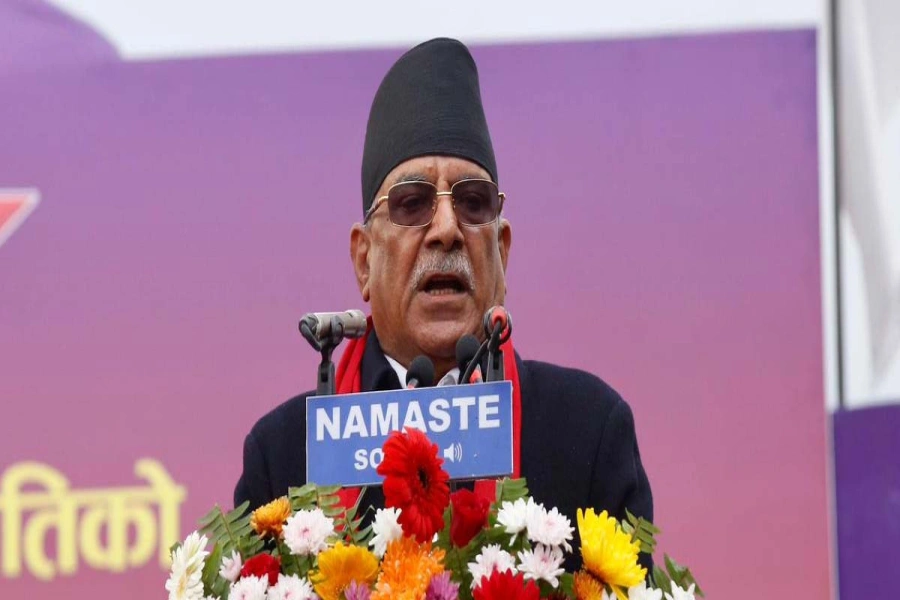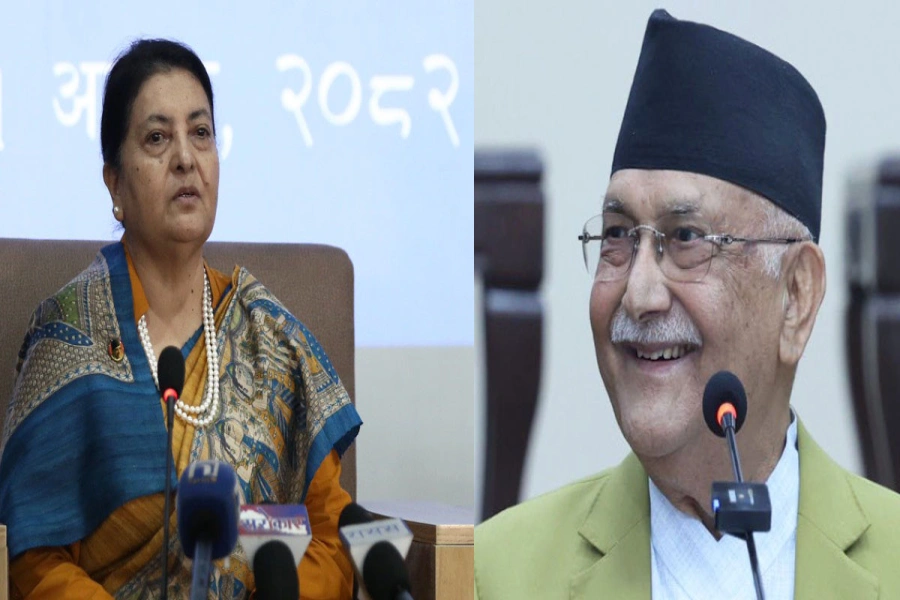KATHMANDU, Dec 5: Despite regular efforts by law enforcement agencies to curb gold smuggling, the rate of seizure of illegally smuggled gold has been declining as scant incentives have failed to impress the informers to blow the whistle.
Generally, the informants tip-off the police about gold smuggling through back doors to evade the country's customs duty and receive incentives from the government as a reward to help generate revenue.
Earlier, the Department of Revenue Investigation (DRI) used to provide 25 percent of the total worth of seized gold as incentive to the informants and law enforcement officials if the suspect was arrested along with the gold and 15 percent if the suspect was just unidentified.
But during the Sushil Koirala-led government, the then Finance Minister Ram Sharan Mahat revised the existing provisions related to incentives for the informants by limiting the rate of rewards to Rs 500,000 only, according to police officials. The government had revised the provisions following growing controversies related to incentive distribution.
“Even if the informants provide information related to smuggling of huge quantity of gold, he or she gets just Rs 500,000 only,” police officers at various crime investigating agencies unanimously cited the major deterrent behind informants from blowing the whistle.
Nepal Police data and statistics show that law enforcement authorities confiscated about 345.82 kg of gold in the last four fiscal years, including 61.82 kg in the last fiscal year 2015/016. But the seizure of illicit gold in the fiscal year 2012/013 was 83 kg while it was 90 kg in 2013/014 and 111 kg in the 2014/015.
“Twenty five percent of the total value of gold as incentive had attracted many informants. But the number of seizures have declined of late,” DIG Hemanta Malla, Nepal Police spokesperson said. The other major reason behind the decline in the informants from giving the tip-off is the risks of being dragged into controversy, the police spokesperson said.
In some cases in the past, the identity of few informants were revealed posing threat to them while some fake names were proposed by investigating officials themselves just to have their share of the spoils.
“It is very hard to curb gold smuggling in Nepal without impressing the informants, as most of the smuggled gold enters Nepal by evading the Tatopani customs point in Sindhupalchwok district,” a police officer at the Metropolitan Police Crime Division said.
The smugglers have been using different routes through land after law enforcement agencies tightened gold entering Nepal via air route through the Tribhuvan International Airport, the only international airport of Nepal.
SSP Sarbendra Khanal, chief of the Metropolitan Police Crime Division, said, “We have not compromised in our duties but we are surprised to get very few information in the recent years.”
It is estimated that over 100 kg of gold is smuggled every day to India via Nepal via the land route. The police also fear that the informants blackmail the smugglers to get their share in return for not revealing the information.
“So, in order to encourage the informants and minimize the risk factors, the provisions related to providing incentives should be revised,” DIG Malla said.
In India, the government had recently revised such provisions and hiked the incentive rates, considering the growing trend in gold smuggling among others. As per the revised provisions, the incentive to the informants on gold smuggling was hiked three times to a sum of Indian Rs 150,000 per kg and incentives for informers of silver smuggling to Rs 3,000 per kg.
Nepali, Indian traders have set up offices in Hong Kong to faci...




